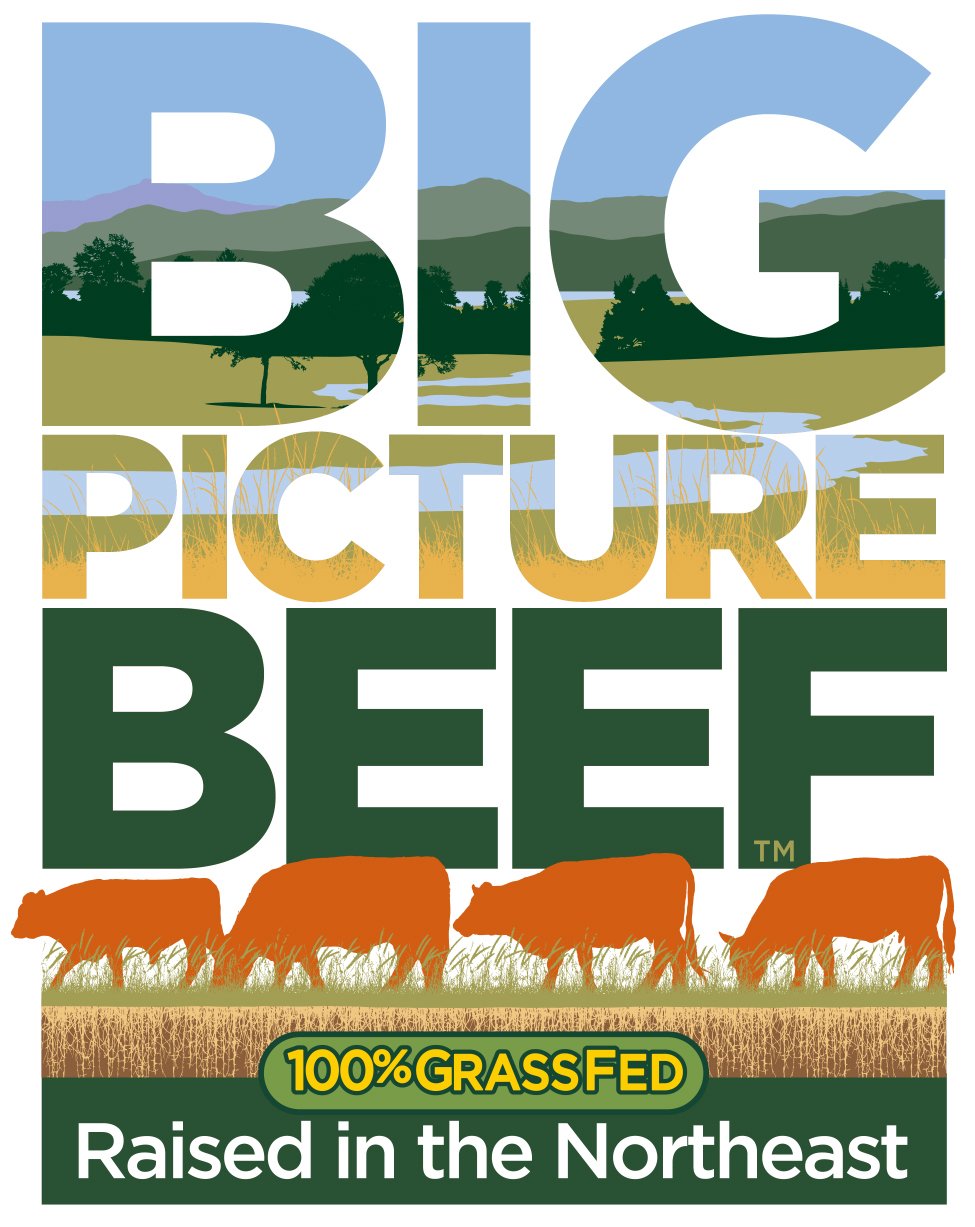FACILITY WORKERS
Jobs in large meat packing plants can be mind-numbing and injurious over time. Big Picture Beef has found local alternatives, where management supports the well being of plant workers in a variety of ways.
POOR WORKING CONDITIONS IN CONVENTIONAL PLANTS
In large plants, workers on an assembly line process hundreds of animals per hour. Typically each worker makes the same repetitive motion every day, sometimes in 12-hour shifts with no variety and few breaks.
A fast pace is set by the speed of “the chain,” a mechanized driver that moves the carcass down the assembly line. Over time the driving pace and the repetition cause a range of musculoskeletal injuries that sometimes result in permanent disabilities, even in young people.
Workers and workers’ rights organizations have petitioned the government for more regulation against these inhumane conditions. A well-documented article by NPR (National Public Radio) says, “The U.S. Department of Agriculture oversees the factory line in meat processing plants, but the agency concentrates solely on food safety....”
ALTERNATIVE APPROACHES
In contrast to typical large meat packing facilities, at some small and mid-sized facilities such as Vermont Packing House (VPH) in North Springfield, Vermont, the issues described above are addressed by the way the space and the work are organized.
VPH processes custom orders. The carcass is broken down on a table, not on an assembly line. A cohort of people work together on one animal at a time, to disassemble the carcass into primals (e.g. chuck, round, rib) and sub-primals (smaller cuts), according to what the customer has ordered.
This artisanal approach provides the workers more variety of movements than a mechanized assembly line. It also allows workers to participate in a team effort and to learn more about a carcass and the types of cuts.
In addition, VPH endeavors to support the well-being of their employees in other ways, according to this information provided by the company:
Wages: The Bureau of Labor Statistics posted that for 2016, the average hourly wage for workers within the Animal Slaughtering and Processing Industry was only $13.05/hour. Vermont Packinghouse’s average hourly wage is currently $16.44/hour, $6.44 above Vermont’s imposed minimum wage for 2017.
Benefits: Vermont Packinghouse offers PTO (Paid Time Off), Holiday Pay, Utility Discounts, a monetary loan program, Dental Insurance, a Retirement Plan and a significant health insurance stipend (a group health insurance plan is in the works).
Health and safety: The company cultivates a safe employment experience through training programs as part of the employee onboarding process: Personal Protection Program, Chemical Safety Training, Hazard Communication, Emergency Evacuation, and Yellow Line Policy (impact hazard control) Training.
Recognition: Vermont Packinghouse recognizes excellent job performance and the growth of its employees by weekly performance-based bonus programs and by hosting frequent companywide employee appreciation events.


